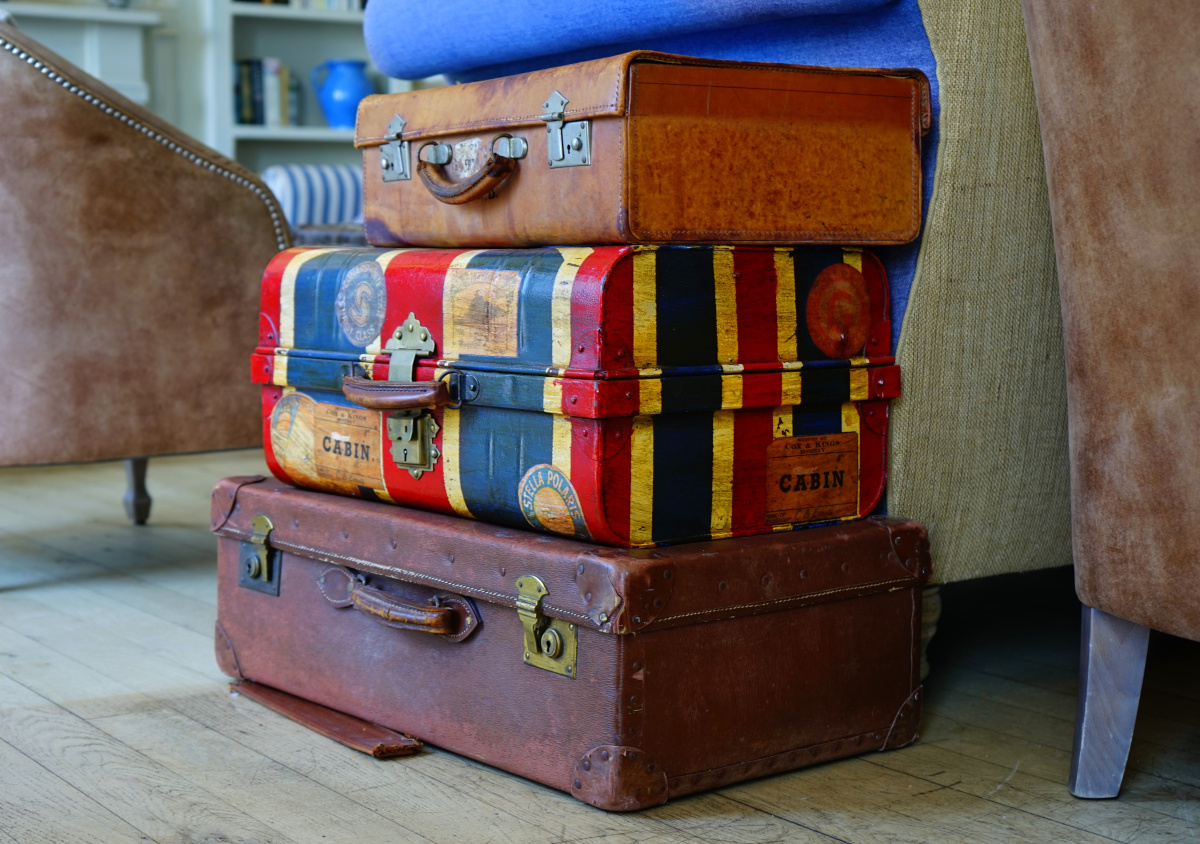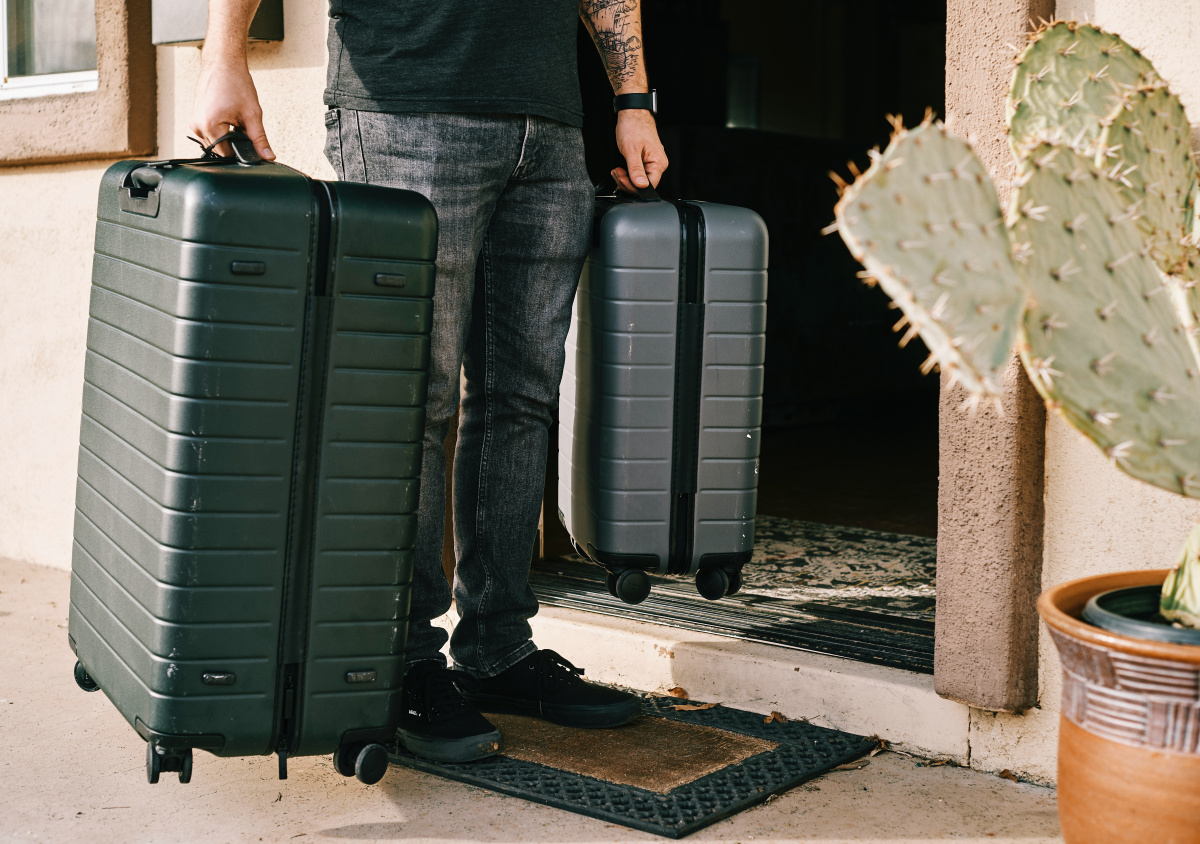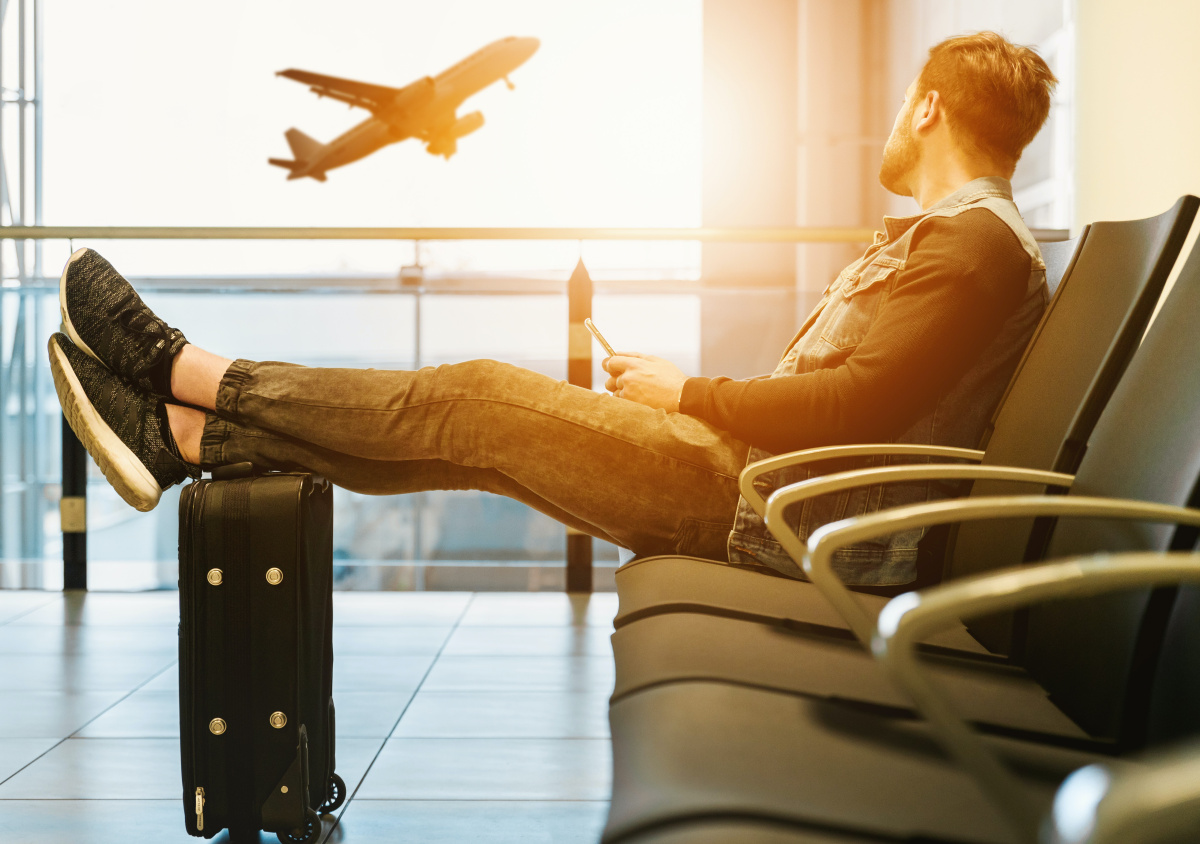Tips on moving to Austria
Make sure that each family member's passport is valid for at least 6 months at the time of your departure. Non-EU-citizens need a passport valid for a minimum of one or two years, depending on the type of permit.
Make certified photocopies of all passports. Leave one copy with a trusted person in your home country and bring the other copy with you to Austria. These copies can be helpful in case of loss or theft of the original passport.
Do not forget to bring the original versions of all relevant documents – passport, birth certificate, marriage certificate, medical documents, driving license. Non-EU nationals must present their papers on arrival.
Keep important documents in your hand luggage!
Get a medical check-up before leaving your home country. Do not forget to see your dentist!
In Austria it is crucial to be immunised against tick-borne encephalitis (TBE) - FSME or Frühsommer Meningo-Enzephalitis in German – a virus spread by ticks. The immunisation is carried out by every GP in Austria.
Make sure that your mail will be sent to your new address in Austria. If you do not yet have a permanent address in Austria, consider asking a person you trust in your home country to collect your mail and forward it to you temporarily.
Ensure you have adequate funds to cover expenses until you have opened a bank account in Austria. It is advisable to carry some cash while in Austria.
Important Note: debit or credit card cash withdrawals are subject to daily limits.
The power supply in Austria operates at 220 Volts/50Hz. Austrian plugs typically feature two round pins and use Type F sockets. Make sure you have an international travel adapter for your electrical devices. Depending on your equipment, you may also need a transformer to adjust the voltage. Always check the device's compatibility before plugging it in.
If you are bringing your TV set to Austria, check in advance if it will work in Europe by reading the operating instructions.










